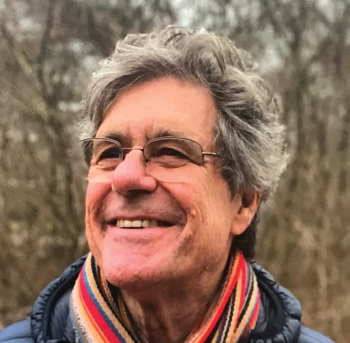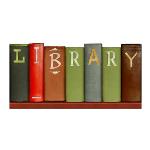
By Sean Delaney
“Sometimes people feel poetry is outmoded, but it’s not,” said Laurence Hutchman, poet laureate for Emery Village. “Poems are tremendous condensations of life, reflections of life. You can get things in poetry we can’t get anyplace else, and in a different and powerful way.”
Sure, call it a defence from a man who attempts to sell poetry. But that would be too simple and disregard the nuances that make up a man like Laurence Hutchman. The poet laureate of Emery Village is a man whose history is intertwined with the village he calls home, and it is that history and his own that inspires the narratives he creates today.
Hutchman moved to the Emery Village area in 1957. Then, he said, it was still the country, as far as the rest of the GTA was concerned. And he and his mates, children of the city, got to experience the land and the beauty around them before it developed into the industrial hub the city recognizes it as today.
“I love Emery because when I moved there, it was still country, farmers were still there. In 1957, we had a chance as kids to explore the fields, to follow the Humber River, to fish there,” Hutchman said. “This was our kind of playground. We had a chance to explore the farmhouses, play with some of the kids, jump in the haylofts. After school went out, we would spend hours exploring the river going downstream. I remember once we went down the river and ended up on the wrong side. It took us eight hours to get back.”
It’s moments like these, within the natural beauty of the Humber River valley, that continue to inspire Hutchman today. An author of four books, including one that narrates the history of the home he loves, Hutchman said without the history of the area and the people who settled it, he may be at a loss for words. (Well, probably not).
“I remember a booklet about Emery with all the names of the families who had settled there. When I had the map, this for me was the beginning of my book of Emery,” he said. “There must have been 30 to 35 names on that list, and I tried to get in touch with all of them. I had just finished my doctorate and interviewed all those people, and I got a real sense of the characters who made up the village, of the people of Emery.”
It was a drive to tell those stories that saw Hutchman began to put pen to paper.
“It’s the history of the place and the powerful geography; it was one of the most beautiful places of Toronto at that time,” he said. “I’m glad the BIA is bringing that natural beauty back.”
Hutchman has received numerous writing awards, including the Writers Federation of New Brunswick’s (WFNB) prize for individual poems. In 2007 he received the Alden Nowlan Award for Excellence. Outside of being Emery’s poet laureate, he has served as representative for Quebec and New Brunswick/PEI for the League of Canadian Poets and as President of the Writers’ Federation of New Brunswick.
In his book, Two Maps of Emery, Hutchman uses memoir-styled poetry in two sections. The First Map of Emery begins with the story of John Graves Simcoe and finishes just after World War II. The Second Map of Emery, outlines the arrival of people from other parts of Canada and Europe.
It is a history of the growth of the area and a creative discussion of his own development in the village.
It is a dedication to the place he calls home.
Hutchman has also published, Fire and Water, Swimming Toward the Sun and House of Shifting Time.
His books can be found on Amazon and at Chapters.
To find them online, look up ABE Books or Black Moss Printing at: blackmosspress.com/laurence-hutchman/













